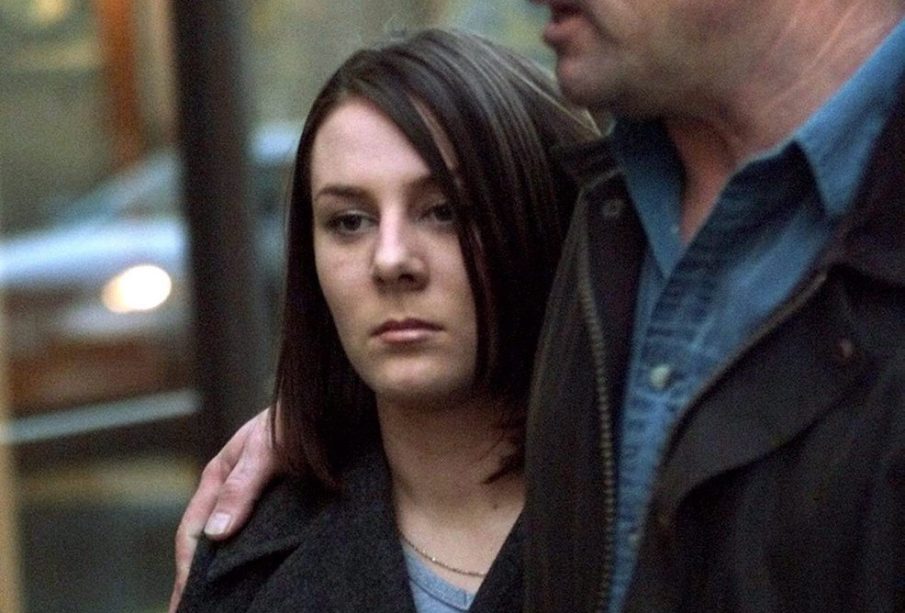The Complex Case of Kelly Ellard

Introduction
Kelly Ellard is a name that evokes strong emotions and differing perspectives across Canada. Her case has raised important questions regarding youth justice and rehabilitation, making it a focal point in discussions surrounding legal systems and societal responses to crime. With ongoing debates and recent developments, understanding Ellard’s story is crucial for anyone interested in contemporary justice issues.
The Background
Kelly Ellard made headlines in the late 1990s when she was convicted of the murder of 15-year-old Christine Jessop in 1990. Ellard was just 15 years old herself at the time. The brutal nature of the crime and the age of both girls captured public attention and prompted outrage. For Ellard, the case marked the beginning of a turbulent journey through the Canadian legal system.
Recent Developments
Ellard’s case has seen various legal battles over the years, with appeals and reviews challenging both her conviction and the conditions of her incarceration. As of late 2023, the conversation surrounding her has intensified again, spurred by changes in legislative approaches towards youthful offenders. Advocates for reform are examining Ellard’s situation as a crucial example of how the justice system handles minors and the complexities involved.
Public Reactions
Public opinion regarding Kelly Ellard remains divided. Some view her as a symbol of the failures of the juvenile justice system, arguing for more compassionate approaches to offenders of her age. Others see her as a perpetuator of violence, calling for stricter penalties for those who commit serious crimes, regardless of age. This dichotomy illustrates broader societal conflicts regarding justice, punishment, and rehabilitation.
Conclusion
The case of Kelly Ellard serves as a reminder of the complex interactions between crime, youth, and justice. As society continues to grapple with these issues, the way Ellard’s case is handled could inform future policies and public sentiment. Regardless of one’s stance on her actions, Ellard’s life story appears set to remain relevant in discussions about what justice truly entails in contemporary Canada. Thus, the implications of her case extend beyond her personal narrative, posing significant questions about the future of youth justice and societal responsibility.









